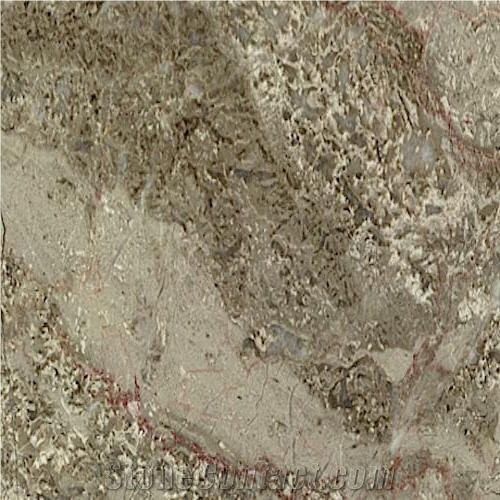Can France's Notre Dame Sauvage Marble be used outdoors?
Notre Dame Sauvage Marble, also known as the Wild Notre Dame Marble in English, is a unique and stunning type of marble originated from France. While it can be used for various indoor applications such as flooring, countertops, and wall cladding, it is not recommended for outdoor use.
Marble is a natural stone formed from limestone that undergoes intense heat and pressure. It is not as durable and weather-resistant as other natural stones like granite or quartzite. When exposed to the elements, marble can become easily damaged by moisture, freezing temperatures, and UV rays from the sun.
Outdoor environments can subject marble to harsh conditions, causing it to deteriorate and lose its original beauty over time. The constant exposure to rain, snow, temperature changes, and sunlight can lead to staining, discoloration, cracking, and erosion of the stone.
To ensure the longevity and appearance of marble, it is best to use it in indoor settings where it can be protected from these external elements. For outdoor applications like landscaping, patio, or poolside, it is recommended to choose a more suitable stone type with higher durability and weather resistance.
Notre Dame Sauvage Marble, also known as the Wild Notre Dame Marble in English, is a unique and stunning type of marble originated from France. While it can be used for various indoor applications such as flooring, countertops, and wall cladding, it is not recommended for outdoor use.
Marble is a natural stone formed from limestone that undergoes intense heat and pressure. It is not as durable and weather-resistant as other natural stones like granite or quartzite. When exposed to the elements, marble can become easily damaged by moisture, freezing temperatures, and UV rays from the sun.
Outdoor environments can subject marble to harsh conditions, causing it to deteriorate and lose its original beauty over time. The constant exposure to rain, snow, temperature changes, and sunlight can lead to staining, discoloration, cracking, and erosion of the stone.
To ensure the longevity and appearance of marble, it is best to use it in indoor settings where it can be protected from these external elements. For outdoor applications like landscaping, patio, or poolside, it is recommended to choose a more suitable stone type with higher durability and weather resistance.
 France
(Boulogne, Dept. Pas-de-Calais)
France
(Boulogne, Dept. Pas-de-Calais)















